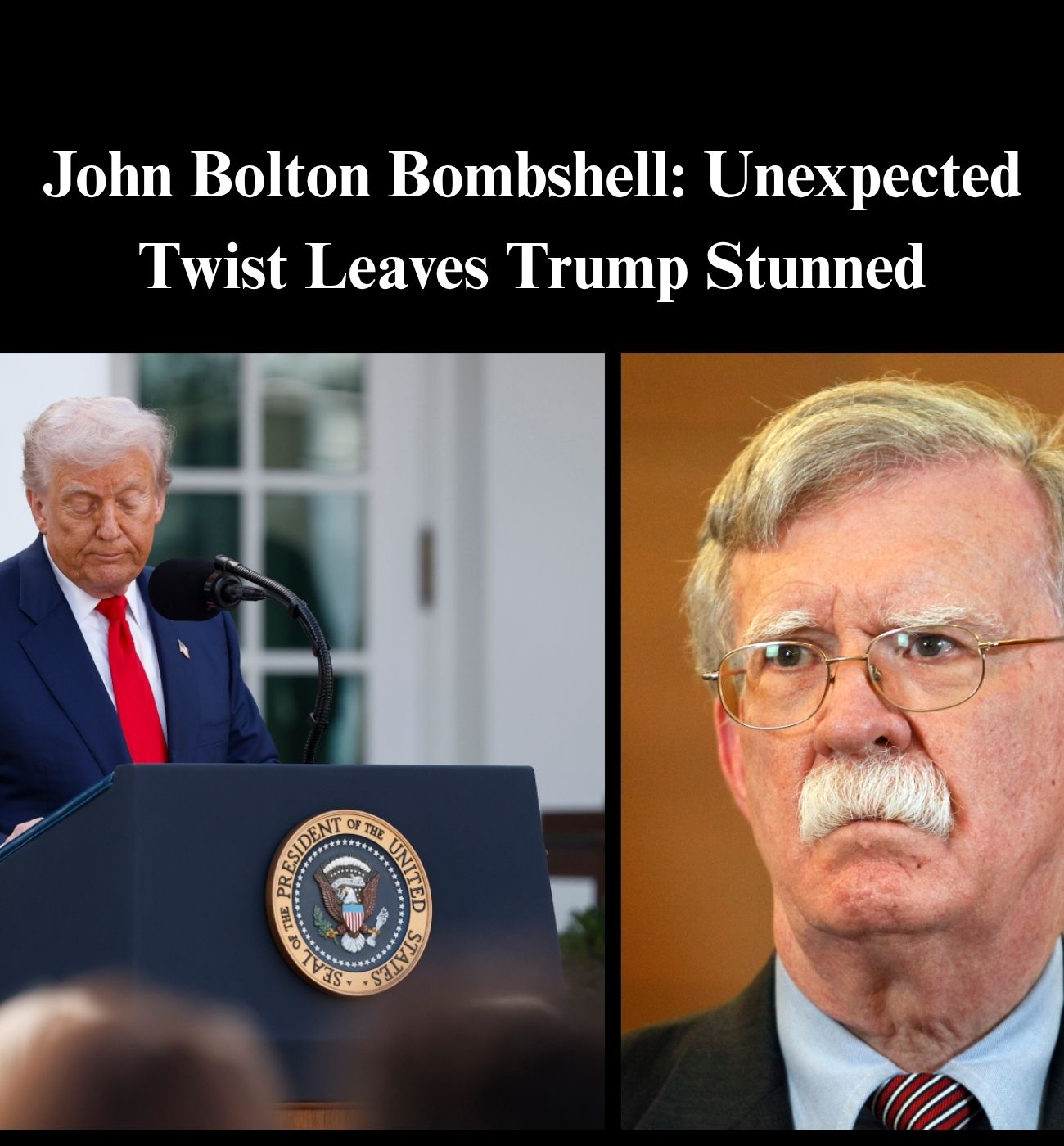U.S. District Judge Theodore Chuang, appointed by former President Barack Obama and based in Greenbelt, Md., has again emerged as a key figure in the ongoing tension between the executive and judicial branches, a dispute that has only deepened since Donald Trump’s rise to national politics.
Chuang gained national attention in 2017 when he issued a nationwide injunction blocking the Trump administration’s second travel ban, which sought to limit entry from six majority-Muslim countries.
In his ruling, Chuang said the government’s action could not be separated from Trump’s previous campaign statements, writing that a “reasonable observer” could view the order as driven by anti-Muslim sentiment.
“Simply because a decisionmaker made the statements during a campaign does not wipe them from the ‘reasonable memory’ of a ‘reasonable observer,’” he wrote.
The interpretation that linked campaign statements to official actions was criticized by conservatives as extreme judicial activism.
The ruling set the stage for a series of legal challenges that would confront the Trump administration over the following four years. Chuang’s influence extended beyond immigration policy, as he later oversaw cases involving the U.S. Agency for International Development (USAID) and other executive branch initiatives.
Trump’s plan to restructure the agency—intended to streamline operations and consolidate oversight of U.S. foreign aid—faced a setback when Judge Chuang temporarily blocked its implementation pending judicial review. Critics characterized the decision as another instance of federal judges impeding actions taken by the elected executive branch.
Now he’s got the Bolton case. The former national security adviser to Trump during his first term is facing 18 felony charges stemming from his alleged mishandling and improper transmission of top secret materials.
The case, scheduled for a key hearing on November 21, has attracted significant media attention, due in part to Bolton’s high-profile break with Trump and Chuang’s record of rulings that have limited executive authority.
Bolton said Thursday that the grand jury indictment against him is evidence that he is being targeted by a politicized and weaponized Justice Department.
“I have become the latest target in weaponizing the Justice Department to charge those [Trump] deems to be his enemies with charges that were declined before or distort the facts,” Bolton said in a statement.
In 2020, the Justice Department filed a civil lawsuit against Bolton over his memoir, “The Room Where It Happened,” alleging he violated his contract by publishing the book without completing a required pre-publication review for classified material.
The department later opened a criminal investigation to determine whether Bolton had revealed classified information in the memoir.
The Biden DOJ closed that investigation in 2021. “This is a complete vindication,” Bolton told Axios at the time. “They’re just giving up.”
The federal judge who oversaw the case allowed Bolton to move forward with publishing his book, but ruled that he “likely published classified materials” and “exposed his country to harm and himself to civil (and potentially criminal) liability.”
Bolton, in response to the grand jury indictment, also mentioned the Trump administration’s previous attempts to block the publication of the book. He said the book was “reviewed and approved by the appropriate, experienced career clearance officials.”
According to the indictment, a representative for Bolton informed the FBI in July 2021 that one of his personal accounts had allegedly been hacked by Iran. However, the representative did not indicate that the hackers had accessed classified information or that Bolton had shared any government secrets through the account.
Bolton said the FBI was “made fully aware” of the hack, noting that “in four years of the prior administration, after these reviews, no charges were ever filed.”
“These charges are not just about [Trump’s] focus on me or my diaries, but his intensive effort to intimidate his opponents, to ensure that he alone determines what is said about his conduct,” Bolton said. “Dissent and disagreement are foundational to America’s constitutional system, and vitally important to our freedom.”
